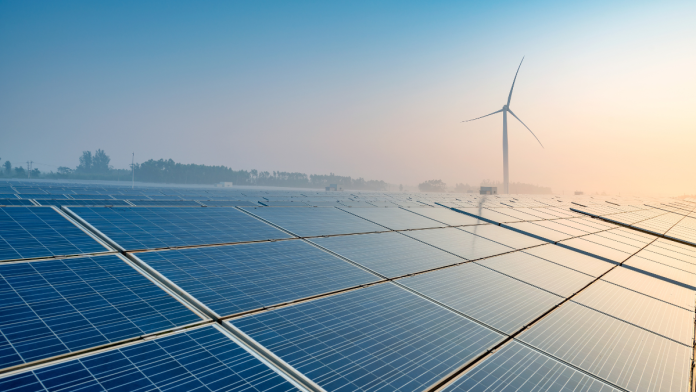Lawmakers in Alaska are gearing up to address several renewable energy policy proposals during the upcoming regular session of the 33rd Alaska Legislature, commencing on January 16 in Juneau. The legislative focus includes neighborhood solar projects, the establishment of a green bank, and the implementation of standards for utilities’ clean power generation.
Progressives emphasize the necessity of reducing fossil fuel emissions to combat climate change, while others highlight the economic benefits of transitioning away from costly fossil fuels, especially in rural areas. Concerns over a potential natural gas shortfall further amplify the urgency to explore cleaner energy alternatives.
One key proposal, Senate Bill 152, aims to permit residents to collaboratively develop small-scale renewable energy projects, such as solar, wind, or hydroelectric facilities. Sponsored by Senator Bill Wielechowski, the bill seeks to provide more energy options for communities across Alaska, fostering local partnerships with utility companies.
Another initiative, Senate Bill 125, proposed by Governor Mike Dunleavy, introduces the concept of a “green bank” under the Alaska Housing Finance Corporation. The Alaska Energy Independence Fund would offer loans to families and rural utilities for financing sustainable energy projects, making them more appealing to investors.
Additionally, a renewable portfolio standard (RPS) is under consideration, with Senator Löki Tobin and Representative Jesse Sumner advocating for benchmarks that mandate a specific percentage of Railbelt utilities’ power generation to come from renewable sources. The proposed RPS sets a goal of 25% renewable power by 2027, gradually increasing to 80% by 2040.
While these initiatives face varying degrees of support, concerns are raised about potential opposition from utilities, citing government mandates and potential economic impacts. The looming natural gas shortfall in Railbelt utilities adds complexity to the debate, with proponents arguing that stringent clean energy standards could result in long-term savings for consumers.
As Alaska’s lawmakers convene, the focus on renewable energy signals a broader effort to address environmental concerns, economic considerations, and the imminent challenges posed by the state’s energy landscape.

